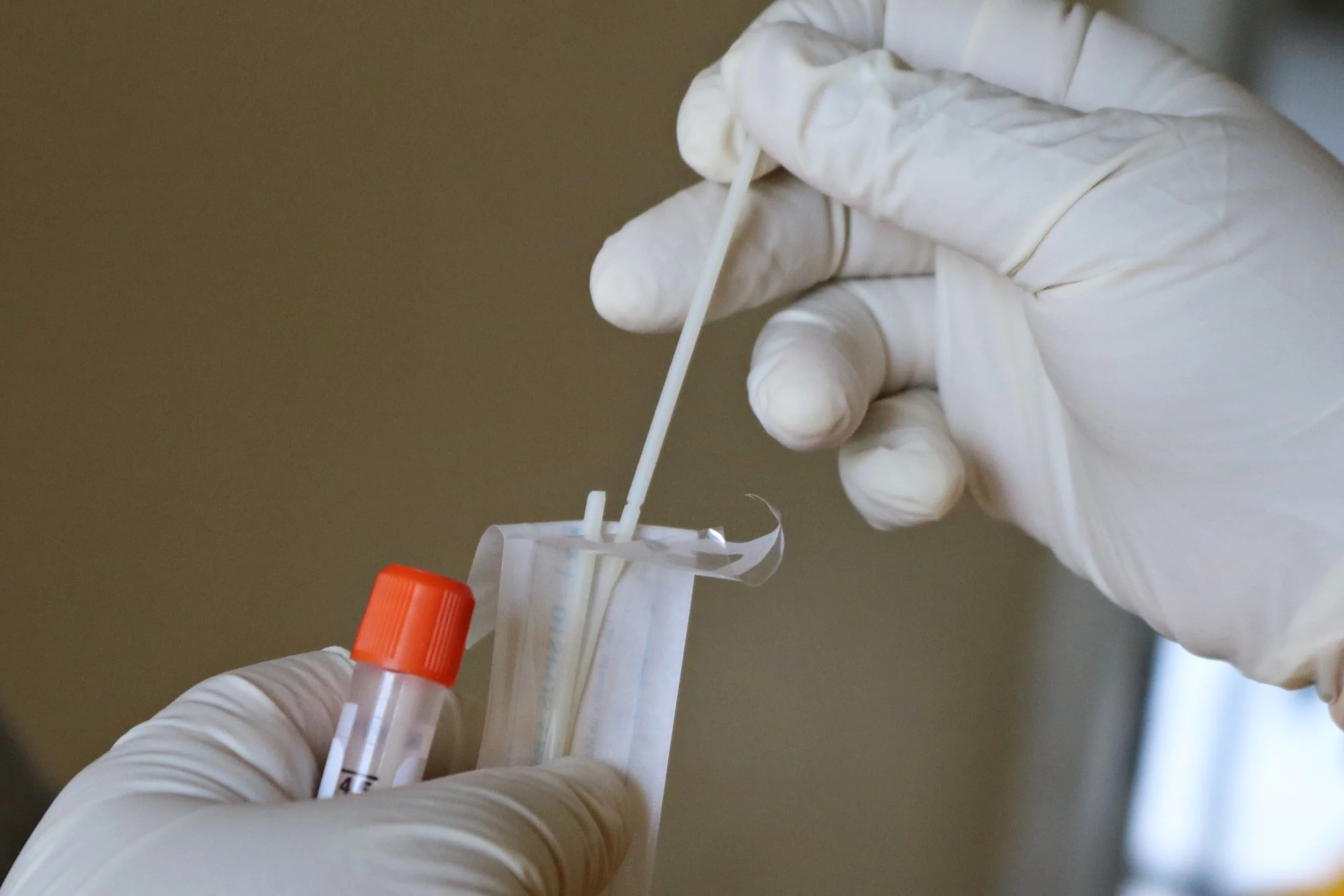Amy Recker MPH, Elizabeth M. White APRN, PhD, Xiaofei Yang ScM, Richard A. Feifer MD, Stefan Gravenstein MD, MPH, Carolyn Blackman MD, Aman Nanda MD, Sarah D. Berry MD, MPH, Vincent Mor PhD
Abstract
Objectives
Reverse transcription polymerase chain reaction (PCR) and antigen tests for severe acute respiratory syndrome coronavirus 2 (SARS-CoV-2) are sometimes discordant. We evaluated the discordance between antigen and PCR tests sampled in skilled nursing facilities (SNFs) to assess the relationship of symptom presence, timing between tests, and the presence of a facility outbreak.
Design
Observational study using electronic health record data.
Setting and Participants
Residents of 306 SNFs in 23 states, operated by 1 company.
Methods
We identified all rapid antigen and PCR tests conducted in study SNFs as of January 10, 2021, and classified whether symptoms were present and whether the facility was in outbreak at time of testing. We calculated the proportions of antigen tests with discordant follow-up PCR results conducted no more than 2 days after the antigen test.
Results
Of the 171,280 antigen tests in 34,437 SNF residents, 20,991 (12.3%) were followed by a PCR test within 2 days. A total of 1324 negative antigen tests were followed by a positive PCR result, representing 0.8% of all antigen tests and 6.3% of repeated antigen tests; while 337 positive antigen tests were followed by a negative PCR result, representing 0.2% of all antigen tests and 1.6% of repeated antigen tests. Discordance more often occurred when residents were symptomatic at time of antigen testing, during known facility outbreaks, and when the antigen test was compared with a PCR test done within 2 days vs 1 day.
Conclusions and Implications
Overall, discordance between SARS-CoV-2 antigen and PCR tests was low. Discordance was more common when the individual was symptomatic at time of antigen testing and during facility outbreaks. This suggests that a testing strategy which couples widespread use of antigen tests with clinical thresholds to conduct follow-up confirmatory PCR testing appears to perform well in SNFs, where timely and accurate SARS-CoV-2 case identification are critical.

